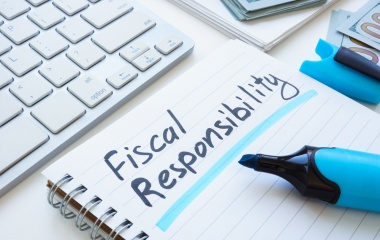
The saintly Chafetz Chaim, Rav Yisroel Meir Kagan of Radin (d.1933) in his classic work on the ethics of proper speech points out that up to 31 Torah prohibitions can be violated by improper speech. As a general rule all speech that reflects negatively on others is prohibited. This is so irrespective of the veracity of such negative statements. Unlike western law, where truth is a valid defence against charges of slander and libel, Jewish law specifically prohibits gossip despite its truth. Speaking lies just increases the severity of the prohibition. The only exception is when such information is needed to prevent harm. In such cases the protection offered to the individual must give way to the broader public good and revealing such information is not only allowed but becomes mandatory.
Such laws clearly limit, if not eliminate, the right to disparage a competitor’s product and have huge implications for commercial advertising. With rare exceptions one would be limited to pointing out the advantages of ones own products as opposed to defects in the competition. In fact the Talmud declares that one who elevates oneself through degrading others loses one’s share in the world to come. A sobering thought indeed, as it is so much easier to put down others than to elevate ourselves.
Nowhere is “negative advertising” more pronounced than during an election campaign. Unfortunately negative campaigning works quite well, all too well in fact, and thus the temptation to use or misuse it is all too prevalent. Nonetheless elections are (or at least should be) all about the public good thereby allowing greater “freedom of speech”. While comparing and contrasting one’s platform to one’s rivals is the essence of a good campaign one must ensure that it is policies and not personalities that are discussed. Making personal accusations not only serves no public good – unless there are criminal allegations in which case legal authorities should investigate and if necessary publicize – they are next to impossible to substantiate and more often than not are based on opinion not fact.
Even when comparing policies care must be given to compare accurately and completely. While one is under no obligation to reveal all aspects of a given platform – provided the platform is not thus distorted - it would be unethical to compare the pluses of one’s own plan against the minuses of another. To briefly analyze one example from the current campaign. The Liberal party has promised substantially more money towards child care than the Conservative party; however the Conservative plan will benefit many more parents. A claim by the Liberals that they are pledging twice as much as the Conservatives would be misleading and thus in violation of Jewish election laws – if it did not also include a statement to the effect that their plan while offering more benefits offers it to fewer people. If they, understandably, would not want to highlight this point then they must avoid comparing their plan to their opponents and should rather advertise that they are pledging 10 billion dollars for child care and refrain form comparisons.
Unsubstantiated claims must be avoided. Claiming that a certain policy is not the Canadian way, is a meaningless statement if not supported by concrete evidence. All it does is to unfairly portray one's opponent in a negative light without justification. One must instead say that an independent survey of Canadians found that for example 62% of people surveyed are opposed to this particular policy. As slight variation in wording often elicits different responses, it appears that proper ethical behaviour would require full disclosure of the actual questions used.
Comments to rabbijay@torahinmotion.org



